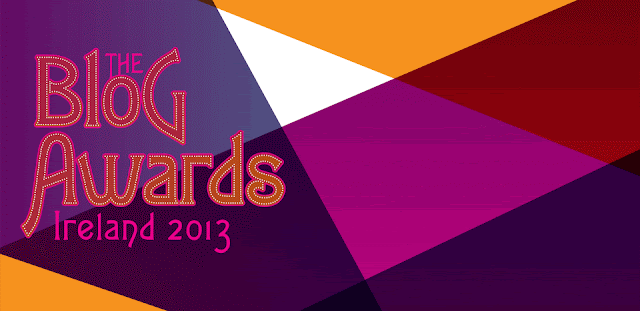Over the course of 8 weeks, I've embarked on a fascinating journey of discovery through the Hibernia College's MOOC on Exploring Irish Identity (explained in previous blog).
In the first week of the course, we were introduced to Irish History & its impact on Irish Identity.
It is true that key events in Irish History have help to shape Irish consciousness & naturally and nationally
Irish people connect with these events in history. These events have included but are not confined to the invasions & assimilation of Celtic, Viking, Norman & English people, the influences of Christianity introduced by St Patrick, the consequences of the plantation policy, the catastrophic events of the Great Famine, the impact of the Anglo-Irish Treaty & Ireland's long history of emigration.
Migration is a phenomenon of our time & has always been a strong feature of life for Ireland due to the huge numbers who have emigrated away from the country. But with the ease in which today's technology & communication allows us to connect like never before, we are now able to be engaged in the country where we live but also stay closely connected to our home country.
 |
| Image Credit: Unknown origin source |
When Ireland was an
isolated rural island, cut-off to a large extent from the rest of
the world and its influences, it was easy to maintain a sense of Irish-ness and
Irish identity, that was rooted in its turbulent history. However, it has been suggested that today's Ireland is being influence by popular culture & global trends.
What is new for
Ireland is that, it is becoming a more multicultural society. The stereotypical notions of being Irish as one who is Catholic, plays hurling, listens to
trad. music, melancholic and proud, drinks Guinness, speaks a bit of Irish,
loves the craic and has red hair is becoming more dilute. This is however, a one dimensional idea of Irish-ness & among the young Irish of today, may no longer be valid. National Identity it has been argued, is something much deeper than stereotypes and enforced notions of what it means to
be Irish; it is a personal sense of belonging.
Irish President Michael D. Higgins speaking on the theme of Identities & transformation insists that “Culture is fundamental to any considerations of Identity & that our notions of Identity should always be open to discovery, amplification, revision, adaptation and that it should never be monolithic, one dimensional or static”
It is fair to say that the more exposure we have to different ideas, people & situations, the more complex our definition of national identity will become.

